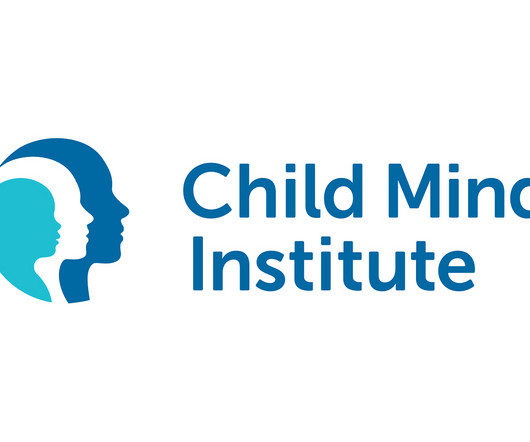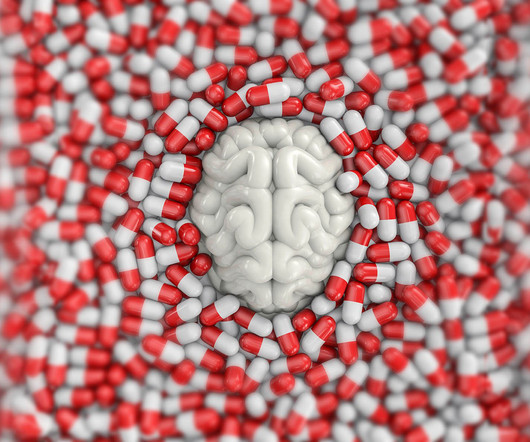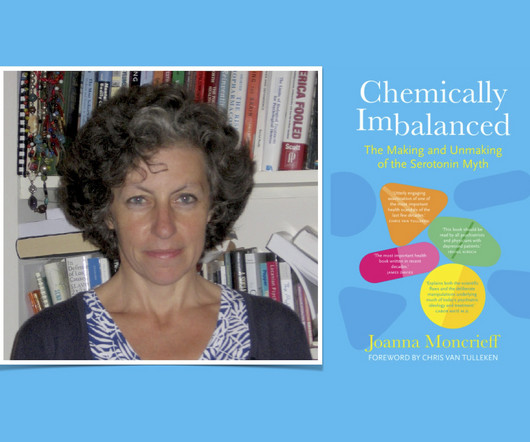Beyond the ADHD Headlines: A Nuanced Look at Diagnosis, Drugs, and Daily Life
Child Mind Intitute
APRIL 14, 2025
As with many clinical conditions, each childs genetic, brain-based, and environmental influences blend into a distinct profile. It reduces the noise of inattention or hyperactivity so kids can develop coping skills and improve self-regulation. It can boost their self-esteem and ability to function in the family. The takeaway?


















Let's personalize your content